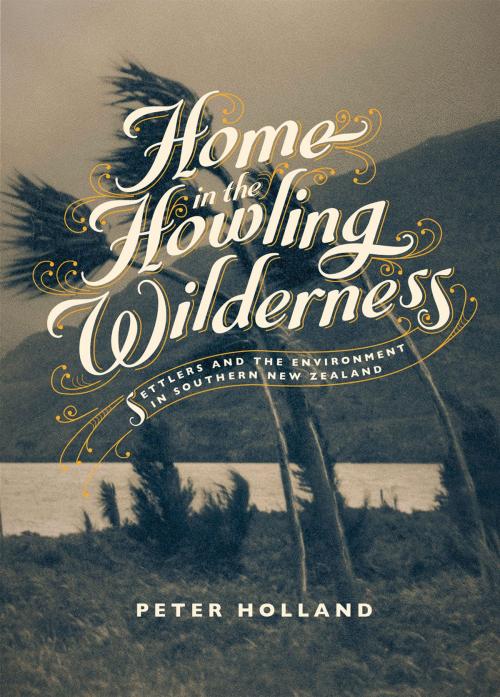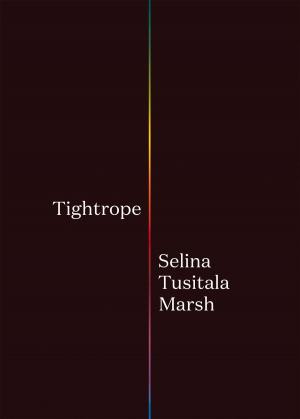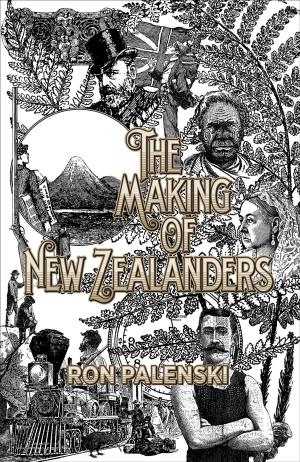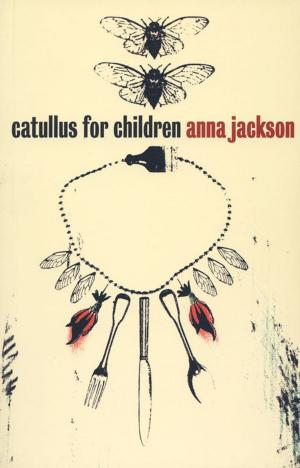Home in the Howling Wilderness
Settlers and the Environment in Southern New Zealand
Nonfiction, History, Australia & Oceania, Science & Nature, Science, Biological Sciences, Environmental Science| Author: | Peter Holland | ISBN: | 9781775580034 |
| Publisher: | Auckland University Press | Publication: | November 1, 2013 |
| Imprint: | Auckland University Press | Language: | English |
| Author: | Peter Holland |
| ISBN: | 9781775580034 |
| Publisher: | Auckland University Press |
| Publication: | November 1, 2013 |
| Imprint: | Auckland University Press |
| Language: | English |
During the 19th century, New Zealand's South Island underwent an environmental transformation at the hands of European settlers. They diverted streams and drained marshes, burned native vegetation and planted hedges and grasses, stocked farms with sheep and cattle and poured on fertilizer. Through various letter books, ledgers, diaries, and journals, this book reveals how the first European settlers learned about their new environment: talking to Maori and other Pakeha, observing weather patterns and the shifting populations of rabbits, reading newspapers, and going to lectures at the Mechanics' Institute. As the New Zealand environment threw up surprise after surprise, the settlers who succeeded in farming were those who listened closely to the environment. This rich and detailed contribution to environmental history and the literature of British colonial history and farming concludes—contrary to the assertions of some North American environmental historians—that the first generation of European settlers in New Zealand were by no means unthinking agents of change.
During the 19th century, New Zealand's South Island underwent an environmental transformation at the hands of European settlers. They diverted streams and drained marshes, burned native vegetation and planted hedges and grasses, stocked farms with sheep and cattle and poured on fertilizer. Through various letter books, ledgers, diaries, and journals, this book reveals how the first European settlers learned about their new environment: talking to Maori and other Pakeha, observing weather patterns and the shifting populations of rabbits, reading newspapers, and going to lectures at the Mechanics' Institute. As the New Zealand environment threw up surprise after surprise, the settlers who succeeded in farming were those who listened closely to the environment. This rich and detailed contribution to environmental history and the literature of British colonial history and farming concludes—contrary to the assertions of some North American environmental historians—that the first generation of European settlers in New Zealand were by no means unthinking agents of change.















